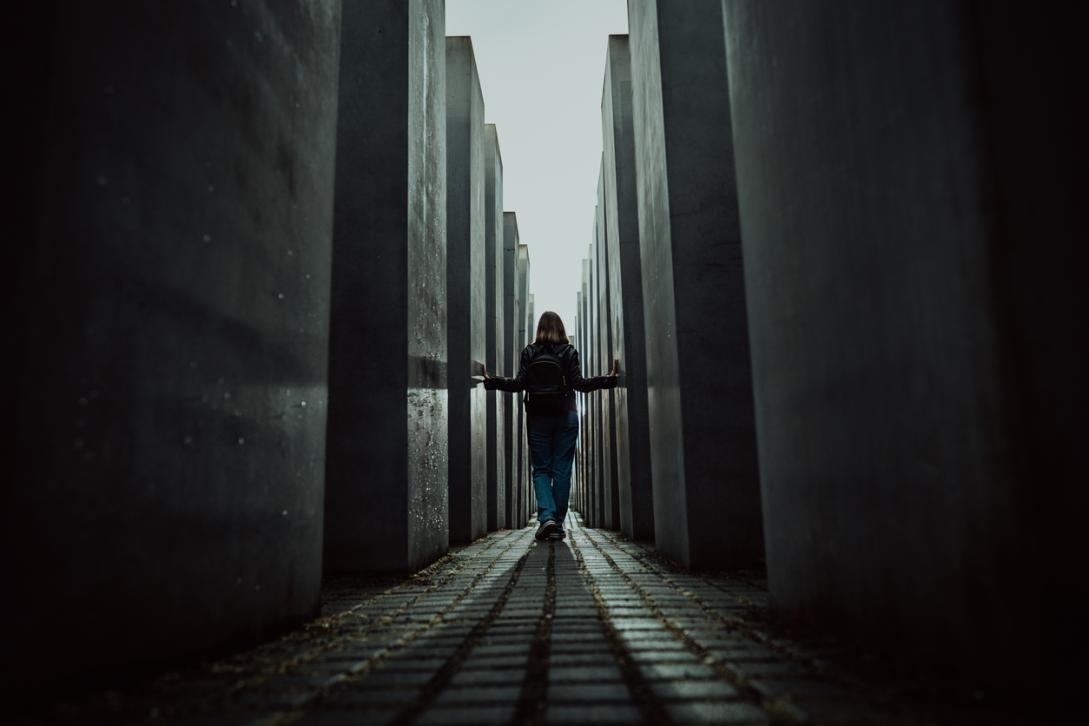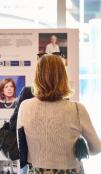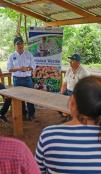Let no one tarnish the memory of the Holocaust

Our current Europe of rights and freedoms was built on the ashes of the Holocaust. Yet one in 20 Europeans has never heard of the Holocaust, and less than half of Europeans think it is sufficiently taught in schools. As the years go by and survivors leave us, the memory of that terrible crime against humanity is fading. Now, as we live through another terrible war on Europe's doorstep, we hear Russia trivialising the Shoah while some of its rare survivors are murdered in the unjustifiable war of aggression against Ukraine, alongside the many victims of multiple war crimes and human rights violations.
"All forms of Holocaust denial, distortion or trivialization, that also encompass Holocaust instrumentalisation as war propaganda, are against EU law and universal values. Education remains our key tool to prevent it", said the HR/VP Josep Borrell in a statement to mark the day, a week after Russian Foreign Minister Lavrov accused “The West” of seeking a “final solution” for Russia. “Latest comments by Lavrov (…) are entirely misplaced, disrespectful and trample on the memory of the six million Jewish people, and other victims, who were systematically murdered in the Holocaust. This adds to previous antisemitic remarks”, the EU High Representative replied. To learn more about the Kremlin's rhetoric to distort the Holocaust, read this newly published EUVsDisinfo article on "Anti-Semitism and pro-Kremlin disinformation".
Days to listen to our remaining survivors
On the 75th anniversary of the Universal Declaration of Human Rights and the Genocide Convention, the European Commission, in cooperation with the Swedish Presidency of the Council of the European Union and the Swedish Presidency of the International Holocaust Remembrance Alliance, hosted on Monday 23 January the Holocaust Remembrance Conference "Remembering the Past. Shaping the Future". Holocaust survivor Henriette Kretz took the floor to share a heart-wrenching account of her personal story in a conversation with young Europeans. “What I remember from that time is the question: why? Why was I, as a child, sentenced to be killed? And then I got the answer: you are a Jew. But I didn't know what a Jew was. I was a child, I had friends, I had a normal life, my father was a physician, my mother was a lawyer, we lived in a little town not far from Warsaw (...) I had a dog, I had a horse, we played in the prairies, in the street... it was very nice. And then, in a second, everything changed”, she recalled.

EU
Holocaust survivor Henriette Kretz at the Holocaust Remembrance Conference, on 23 January.
Another survivor, Avraham Roet, will tell his story of loss and survival today at the UN Ceremony in Geneva, co-organised by the EU. Also on view in Geneva these days until 20 February is the exhibition "Days Beyond Time - Artist Meets Testimony", co-organised by the EU and created by the Israeli institution Beit Theresienstadt. It is a multidisciplinary art exhibition bringing together artworks created in the Theresienstadt ghetto during the Holocaust and new artworks by young Israeli artists of the third generation, who were inspired by testimonies of Holocaust survivors from the Theresienstadt ghetto.
More than a dozen EU Representations (Rome, Madrid, Brussels, Stockholm, Lisbon, Paris, Prague, Warsaw, Bucharest, Sofia, Berlin...) and several EU delegations are organising local commemorative events on the occasion of the International Holocaust Remembrance Day these days.
Mobilising youth and local action to re-tell history where it happened
The EU Strategy on combating antisemitism and fostering Jewish life, adopted in October 2021, includes over 100 actions of which in the first year over half have been set in motion.
For instance, the European Union has a EUR 10 million ongoing call through the CERV programme for projects on European Remembrance with a particular priority on strengthening Holocaust remembrance, education and research and combating Holocaust denial and distortion.
This initiative will support local projects in developing a network of Young European Ambassadors to promote Holocaust remembrance in schools, universities and vocational and education training institutions. The idea is to provide new generations with access to accurate information about the Holocaust and to empower them to share it both online and offline. Other projects, for example, will focus on countering the distortion, trivialisation and denial of the Holocaust, as well as digitising historical material and eyewitness accounts for educational and training purposes.
Another priority of the European Commission is the promotion of Holocaust awareness at the local level through the creation of a network of places 'Where the Holocaust happened' in cooperation with local communities. The initiative, which will be discussed and launched at the International Holocaust Remembrance Alliance on 23 January, will serve to recover the memory of the horrors of the Holocaust in the local context, in places that are often little known and visible.





